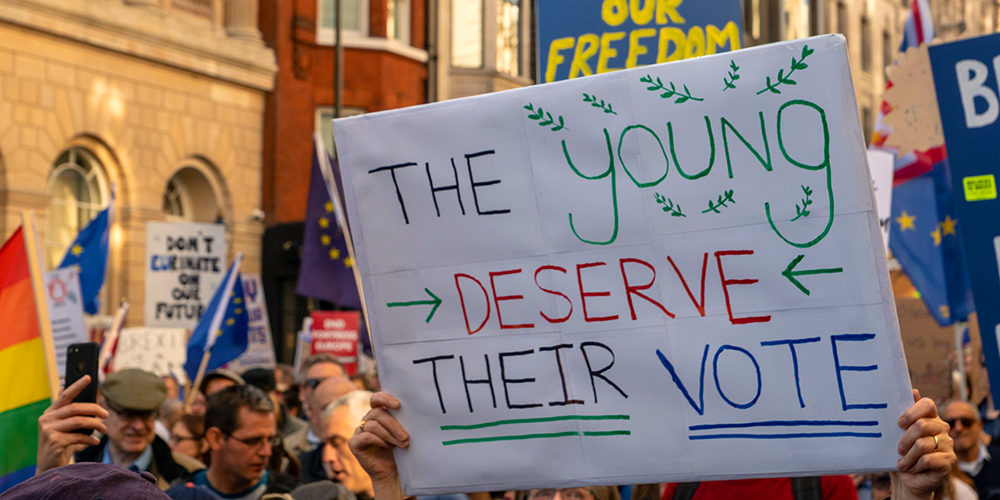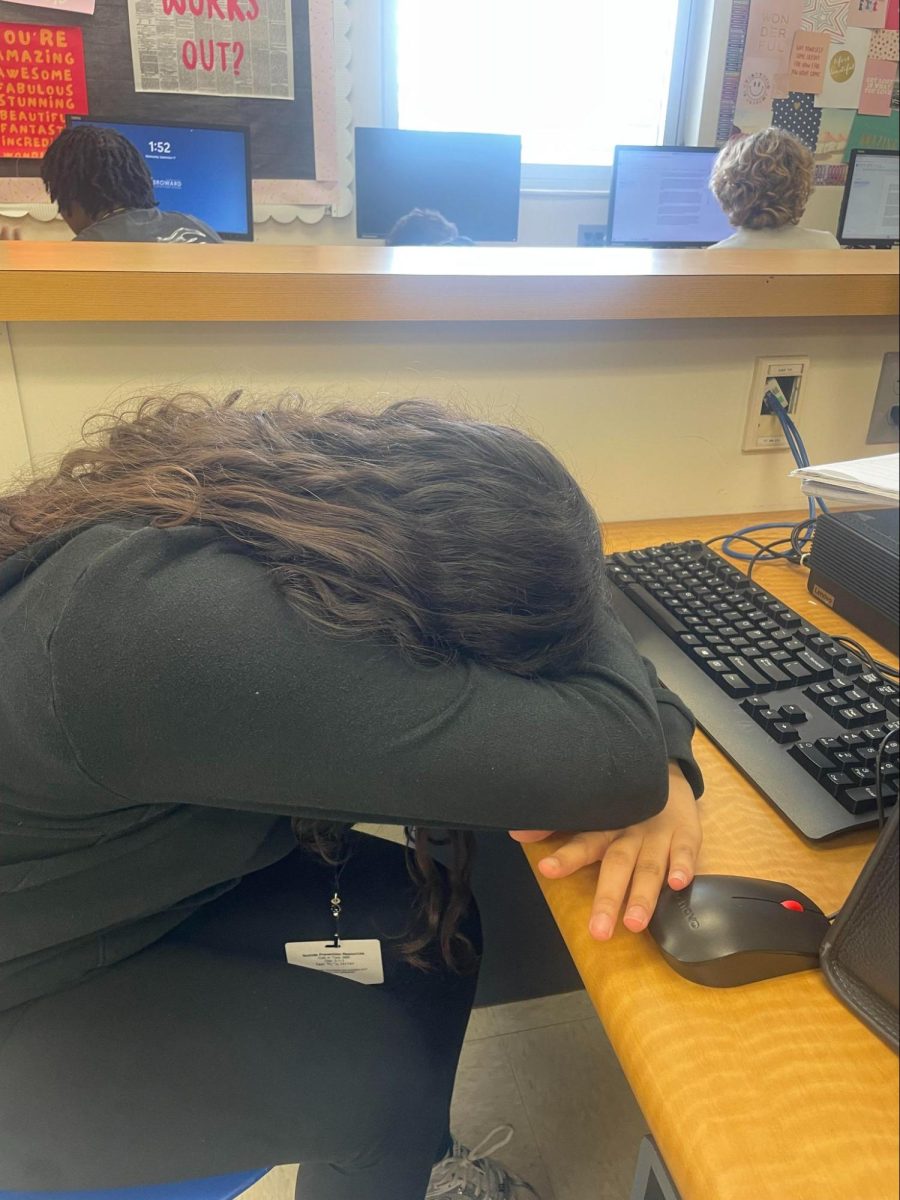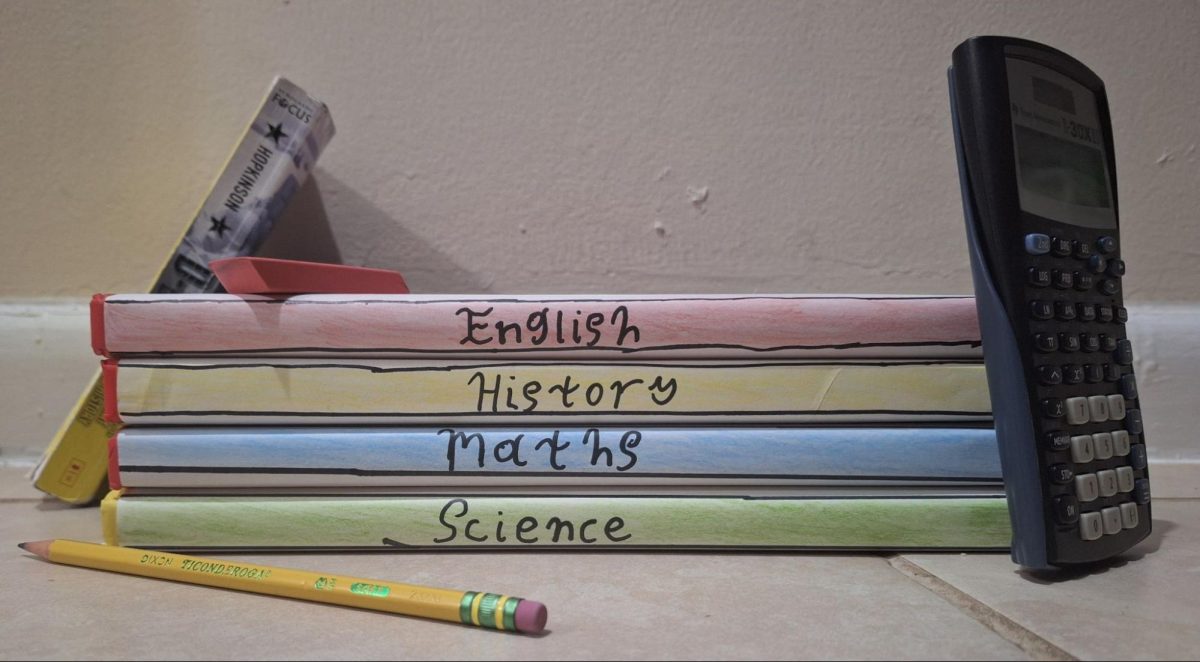When it comes to mindfulness, it involves being aware of one’s thoughts and surroundings in a non-reactive manner. Also, accepting thoughts and feelings without trying to change them. Furthermore, mindfulness involves paying attention to the present moment rather than focusing on the past or anticipating the future.
Being able to teach mindfulness is a way to support students’ mental, physical, and academic well-being. Anxiety, depression, and stress are starting to become major problems with students. Schools incorporating practice for mindfulness can create a supportive and calm environment for students. Allowing students to practice breathing in and out, thereby controlling their emotions, will give them a lifelong skill to improve and manage stress. Adding this will improve students’ mental health, creating an environment where they would know what to do due to those mindfulness practices in school, and carry that into their daily lives. Through mindfulness practice, you can help yourself stay focused and attentive, leading to improved academic performance. “As a student who deals with mental health, I think it would be interesting to see how it could help students improve themself and their daily lives.”- Kayla Brown(senior)
However, adding mindfulness practices in schools could’ve been very time-consuming. For some students who already have a packed academic class or curriculum, finding time to add it to their schedule could be difficult. Another problem is what if no teacher can teach these mindfulness practices to the students?
Furthermore, it is believed that mindfulness does not work on everyone; students with mental health problems or with trauma might find it weird or uncomfortable. It would cost funding, time, and support to the school to add mindfulness practice in schools, and many schools don’t have access to that. Despite these concerns, tons of educators believe otherwise, stating that its benefits outweigh the drawbacks when mindfulness is implemented thoughtfully, with proper training to meet students’ needs. Mindfulness can be valuable for students, helping them navigate through life. With this stressful world, it is very hard on students, and it could get worse, but knowing that there is mindfulness in schools will help them prepare and be ready for how to surpass or overcome the problem.
From a student’s perspective, I believe mindfulness practices could reduce stress and anxiety. But many people would probably think it’s unnecessary to add these practices to schools, and as we know, these mindfulness practices are not for everyone. Also, parents might feel some type of way, which is why I believe it’s okay to have these mindfulness practices, but get parents’ permission for students who want to do it. “ I believe we should not add these mindfulness practices in our school because, for me, I already have a lot of stress with doing so much homework and already having a big schedule, I feel this would be too much to add on already.”








![[Photograph of an Italian sandwich] Photo Creds: https://www.thepioneerwoman.com/food-cooking/recipes/a42398453/italian-sandwich-recipe/](https://cghstheprowl.com/wp-content/uploads/2025/10/image1.png)











































